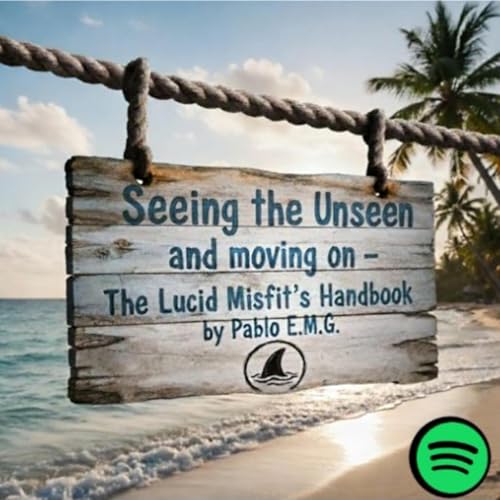Seventeen years ago, three years after I had ceased to share a roof with her and her siblings, my eldest daughter, Agustina, turned fifteen.
I was not there. I was not invited.
Just a few days ago, Valentina, my youngest daughter, was married.
I was not there either.
I was not invited either.
Between those two moments—the fifteenth birthday of one, and the wedding of the other—there stretched a desert: I was never part of any of the milestones in the lives of my four children. Not a single one.
I am Pablo Mera. Pablo E.M.G. for the English-speaking world. Some friends still call me “Trompo.” I love Metallica and Oasis; I was once a rugbier, I am A+ blood, and my podcasts are available on every platform.
I am not perfect—far from it. Yet I can stand tall and say this: I do not drink, I do not smoke, I do not take substances, and I have never been, nor will I ever be, an instrument of domestic violence. I believe myself to be a good man, a loving father, a faithful friend. And Vani, my wife of more than fifteen years, confirms it each day with her unwavering love.
So then… why?
Why was I shut out of my children’s lives?
My conclusion—painful, bitter, but inevitable—is this: it has everything to do with what it means to “be someone” in our society.
If you no longer possess the money to sustain the lifestyle you once had—even if you work with dignity—you are deemed a disaster.
If you have just enough but lack a conventional job, you are a kept man.
If you lack both money and a “proper” job, you are dismissed as idle.
And if life suddenly grants you a stroke of fortune through some unorthodox venture, you will surely be branded a swindler… or a drug trafficker.
I was called both.
The first time was in the 1990s, when an old rugby friend visited my home in Paraguay and could not believe the way I lived.
The second… the second shattered me, for it came from someone I had seen come into this world.
I was also branded a swindler. More than once.
But here lies the irony: for people to truly believe you are a trafficker or a fraudster, you must be wealthy. Extremely wealthy.
If you are not, you are simply a failure.
I am not infallible; I have never been close to it. Yet I have never harboured the will to harm another soul.
This I learnt the hard way:
Money, when abundant, buys forgiveness.
It forgives you for being a trafficker, for being a swindler, for being a bad father, a bad husband, a poor excuse of a man.
But the absence of money is never forgiven.
That temporary poverty turns into a permanent sentence.
Until—should you ever succeed again—they forgive you once more… only to call you a trafficker or a swindler all over again.
And yet, life is astonishing when it brings together two people scarred by the same wound, and shapes them into a couple brimming with love and joy in spite of it all.
This episode continues in spanish with Episode 6 of Season 2, voiced by my wife, Vanina Vergara . please visit https://bit.ly/4fmf5qM
It is, without doubt, the most precise description I have ever heard to this day.
I hope it may be of use to someone else.
◇ There are 12,950+ posts available at:
http://pablomera.blogspot.com
and I do read the letters mailto:tromp@hotmail.com

 2025/09/2011 分
2025/09/2011 分
 2025/09/0643 分
2025/09/0643 分 11 分
11 分 12 分
12 分 7 分
7 分 2025/08/0312 分
2025/08/0312 分

